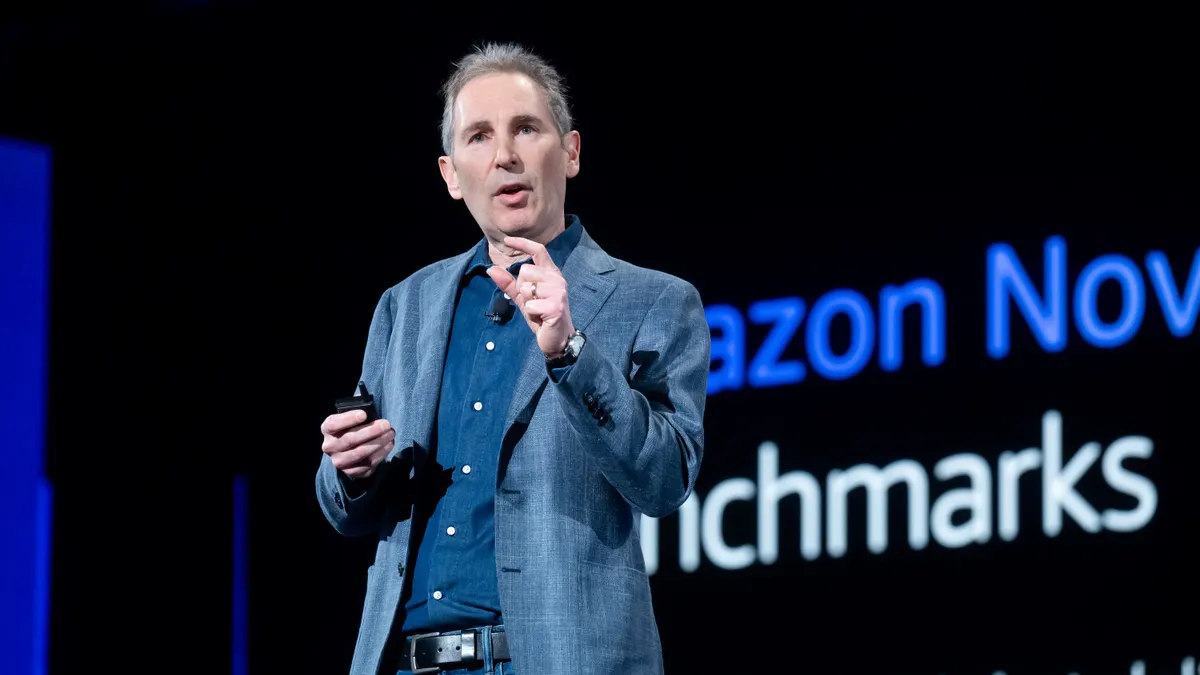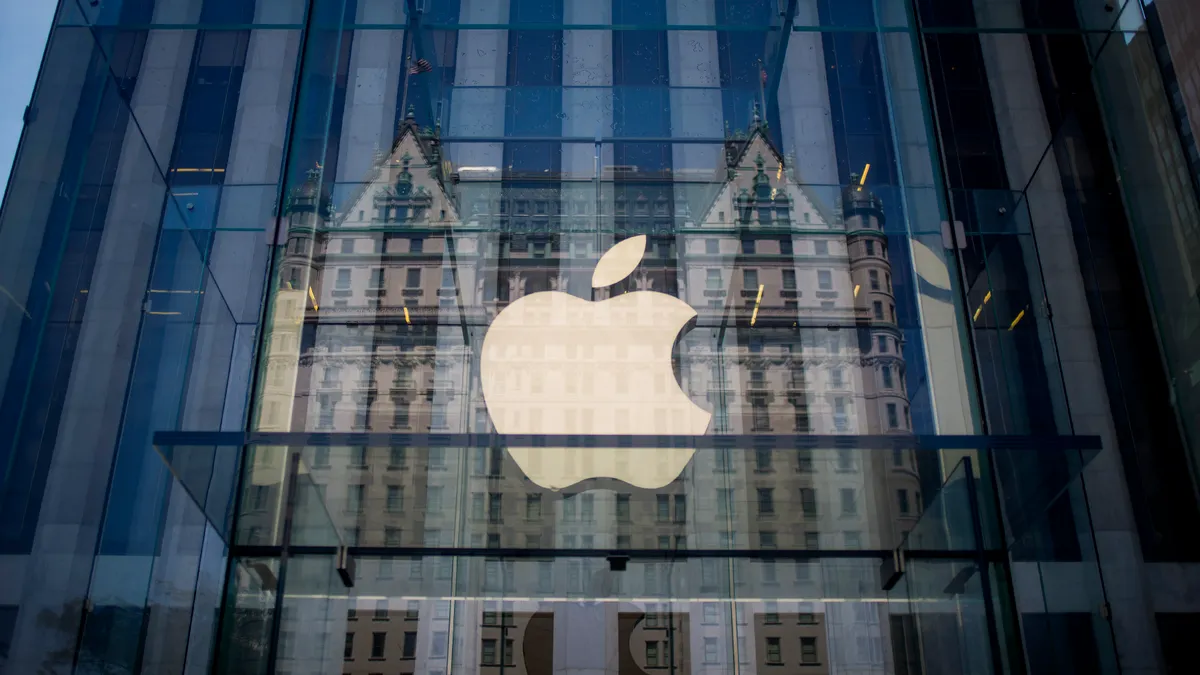For business leaders, Generative AI could change more than just how they collect data or approach customer service: The technology could impact their overall strategy. In a recent survey by Thomson Reuters, 94% of corporate C-suite respondents saw AI as “significantly impacting their strategies,” leading to increased investment.
The CFO occupies a crucial role when it comes to effectively utilizing AI as well as preparing for these shifts, Carter Cousineau, interim head of data and analytics at the Toronto, Canada-based Thomson Reuters said. Finance chiefs stand at the center of their companies’ information flows and are already used to making data-driven decisions, making them well-suited for evaluating AI’s potential benefits and risks on a broad scale.
“AI is rapidly transforming the business landscape across the different departments and CFOs are uniquely positioned to lead that charge in implementing responsible AI practices,” Cousineau said in an interview.
The AI-driven strategy shift
C-suite leaders are preparing for a future where AI has vastly changed numerous business models and strategies, Thomson Reuters’ 2024 Future of Professionals report found.
Fifty-nine percent of C-suite respondents said AI would have a significant impact on their operational strategy in the next five years, while 53% said it would impact their product/service strategy, the survey of 2,200 professionals found. Respondents also highlighted talent strategy (40%), risk and compliance strategy (37%) and supply chain strategy (36%) as areas ripe for change over that same period.
With their access and breadth of knowledge across the different aspects of the business, CFOs are “the right folks” to lead responsible AI implementation at the organization in the face of these changes. They are also the executives best positioned when it comes to “mitigating and managing the costs associated with some of these AI technologies,” Cousineau said.
Cousineau joined Thomson Reuters in 2021 as its VP of data and model governance, becoming its interim head of data and analytics this month, according to her LinkedIn profile. She is a member of the AI Safety Consortium at the National Institute of Standards and Technology, and serves as a board member at the Data Sciences Institute for the University of Toronto.
The dawning AI age has, in some senses, only accelerated ongoing shifts inside of business’ organizational structures. Finance chiefs are increasingly being tapped to determine their company’s long-term strategies and to do so with data-driven insights.
As AI use expands, that focus on data analytics — as well as other critical pieces such as its management and security — is only going to grow among CFOs, Cousineau said.
Additionally, as companies mull potential use cases for new technologies, they are turning to their finance teams for deeper understanding, rather than the research and development department, for example, that might have isolated those use cases in the past. That’s giving CFOs a seat at the table when it comes to their company’s AI investment strategies, Cousineau said.
“You do want them side by side in your (AI) decision making with the business, so that it's led with the ROI and…not just chasing an early investment that might not have the financial stability longer term,” she said.
The risk, reward juggling act
Finance chiefs are also the executives who are in the best position to manage the short-term challenges of GenAI adoption.
Businesses have continued to pour millions into AI’s development and use, with optimism about its potential rewards growing. In a recent survey by KPMG, 67% of business leaders reported being confident their planned GenAI investments would produce returns — such as revenue growth or cost savings — in the next one to three years, CFO Dive previously reported.
However, there are almost countless ways AI can be applied throughout a business, with numerous leaders and departments often experimenting with the technology’s applications at once.
That “variation matters to determine the inherent risks associated with AI” as well as the mitigation tactics that can be used to minimize such risks, Cousineau said.
For CFOs, it’s essential to have a holistic view of those use cases and their potential risks both to ensure the business remains stable and that the company’s AI investment is being effectively employed. Finance chiefs need to consider everything from environment factors, upfront storage costs and training expenses to ensure “maintenance” of their investment, she said.
“There's things that we're doing that we could optimize further to help our day-to-day, and I think that's something that CFOs want to keep a close eye on, where we can be more efficient and more productive,” Cousineau said.




















